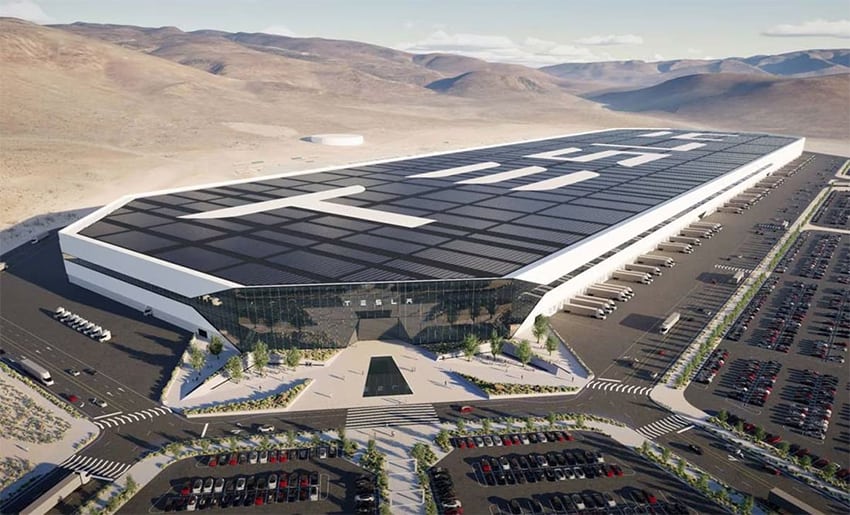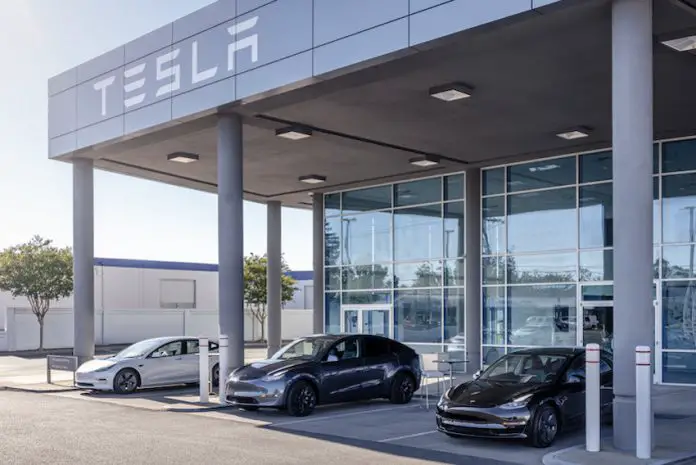The government of Nuevo León has agreed to spend US $153 million on incentives to facilitate the set-up of Tesla’s electric vehicle “gigafactory” near Monterrey.
These incentives include electricity, water and transport infrastructure, and a reduction in Tesla’s payroll tax, to encourage job creation.

Tesla CEO Elon Musk first announced the gigafactory in March, with an investment of at least US $5 billion. In October, Musk said Tesla hoped to start construction in 2024, but was not ready to go “full tilt” due to global economic conditions. He also asked the Nuevo León government to start infrastructure projects in support of the factory, including a rail link, a water treatment plant and the widening of four highways.
Nuevo León Governor Samuel García confirmed that the state had agreed to provide this infrastructure, but said that it first had to be authorized by an unspecified “committee.” Now, it seems, the Economic Development Council has granted that authorization.
The announcement comes days after the federal Environment Ministry (Semarnat) issued permits approving the change of land use for the factory. Tesla is still awaiting water and energy permits. Although Nuevo León is a severely water-stressed region, Tesla has made several commitments to mitigate the factory’s impact, including the use of recycled water.
Nevertheless, economic and bureaucratic obstacles have slowed the set-up process. Musk has said that initial production of Tesla’s next-generation electric vehicle will start at its Texas factory, as the Mexico one won’t be ready in time. Although no opening date has been announced, the Mexico plant is unlikely to be operational until 2026.
The Nuevo León government is eager to accelerate construction on the factory, which local authorities said in March would employ up to 6,000 people. In September, García said that Tesla and its suppliers would invest US $15 billion in the project – triple the original estimate and far surpassing the $4.5 billion planned for the first phase.
The state’s economy minister, Iván Rivas, has also assured that the plant will be crucial in boosting Nuevo León’s development.
“[Tesla’s] Nevada gigafactory generated an economic spillover 28 times greater than public investment, while in California, 120 jobs were created in the supply chain for every 100 Tesla jobs,” he said. “In this way, in Nuevo León there would be 12,000 new direct jobs related to Tesla, [representing] almost 15% of the jobs created each year in the state.”
Besides the actual Tesla factory, the Nuevo León government said that more than 30 Tesla suppliers are looking to set up in the state. García has claimed that “Tesla’s arrival confirms Nuevo León as the next regional hub for electromobility in Latin America,” taking advantage of its position on the United States border to reap the benefits of the nearshoring trend.
With reports from Forbes and Bloomberg Línea
